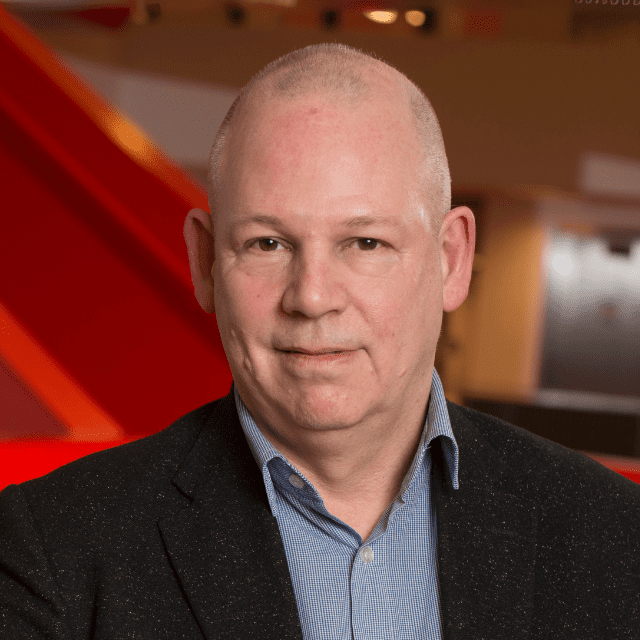Anthroposophic Medicine
Abstract
Key factors for the integration of whole medical systems (WMSs) and conventional medicine are: legal frameworks, quality standards, high-quality research on safety and efficacy of WMS interventions, infrastructure, and financial resources. Future research not only should be directed at quality assurance and generating data on safety and efficacy/effectiveness but also should address more fundamental and practice-oriented issues, in order to overcome WMSs and conventional medicine differences.
Ontological research should focus on the nature of reality (matter, organism, mind, …), the tenability of the non-atomistic holistic position of WMSs within the so-called holism-reductionism debate, and transitions from the modern worldview (based on natural science) to the Integrative worldview.
Conceptual and epistemological research should focus on developing and testing theories that are system- and complexity-oriented and that are compatible with both WMSs and conventional medicine.
Methodological research should focus on a “reversed research strategy” for assessing TCIH taking into account the complexity of TCIH interventions and the role of expert knowledge, intuition, and individualization of diagnostics, therapies and outcome assessment; health economic evaluation of treatments; and the mechanisms of placebo, context and/ or meaning effects.
TCIH implementation research should take into account: alternatives for protocols and guidelines that are in line with the holistic and individualizing treatment approaches; the integrated use of dual diagnoses (from both systems); the integrated use of analytical and system thinking; and the optimal integration of “fighting disease” and “health promotion” treatment options.
The contribution of anthroposophic spiritual science and Anthroposophic Medicine on these issues will be presented.
Presented by
PhD, MD, Professor of Anthroposophic
Medicine and Senior Researcher




